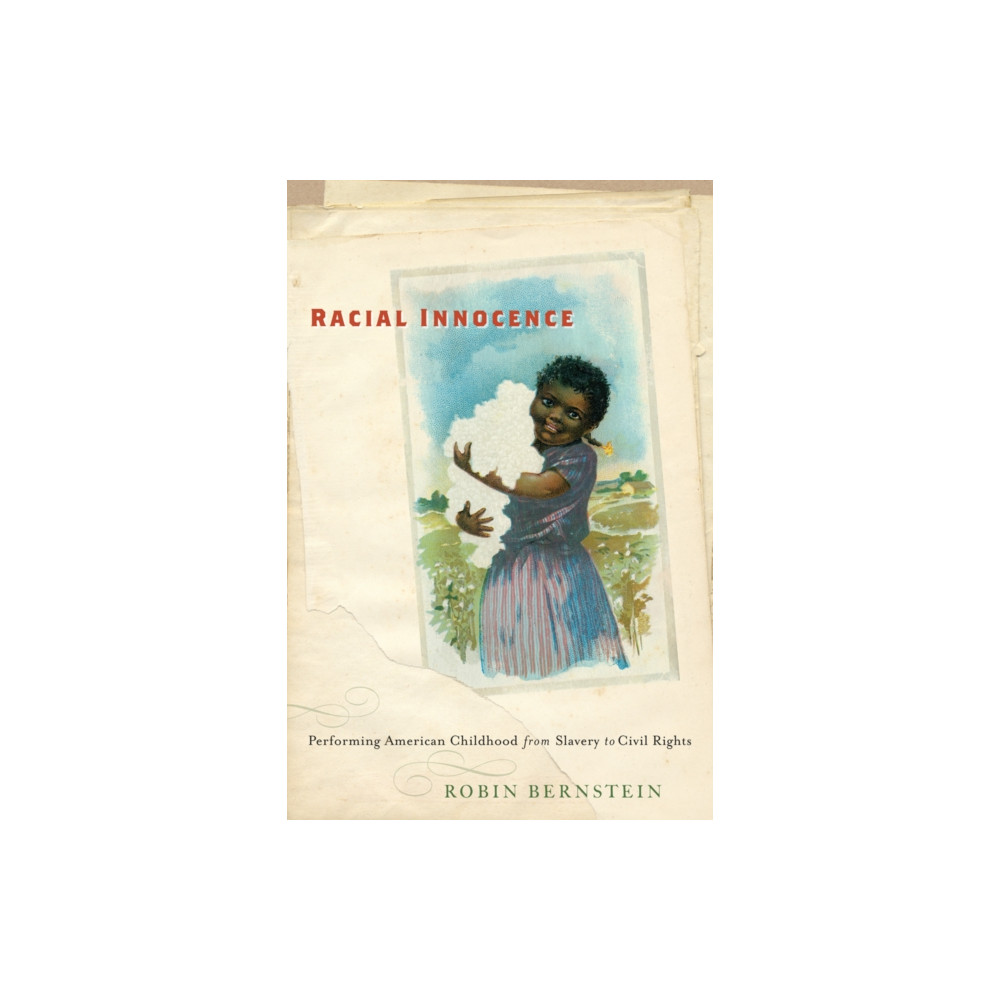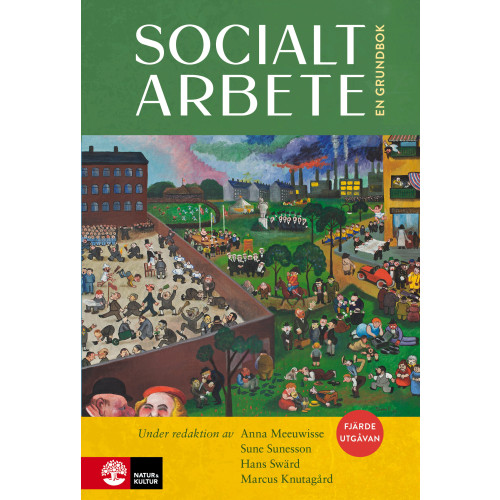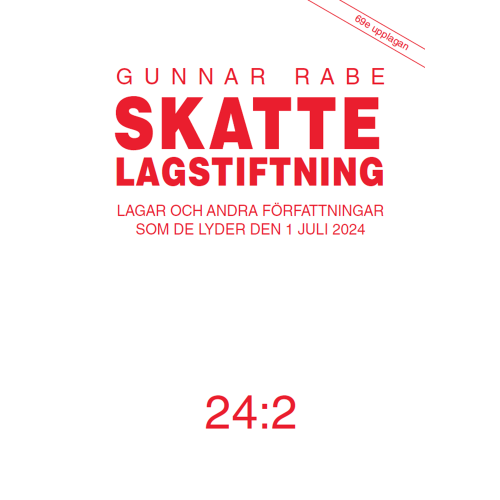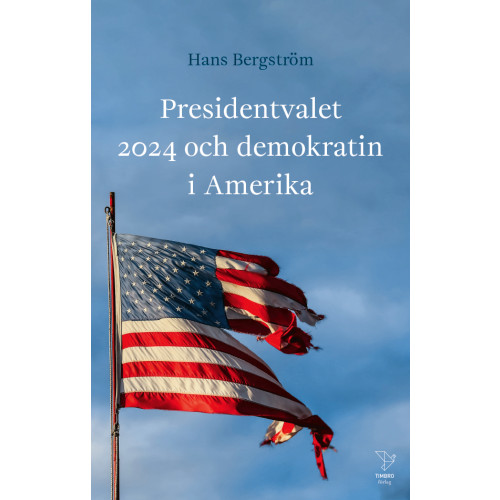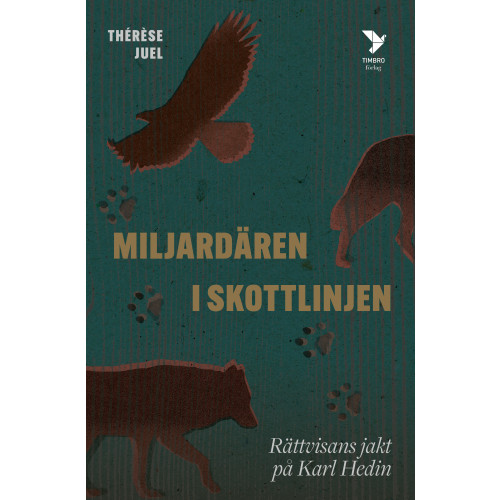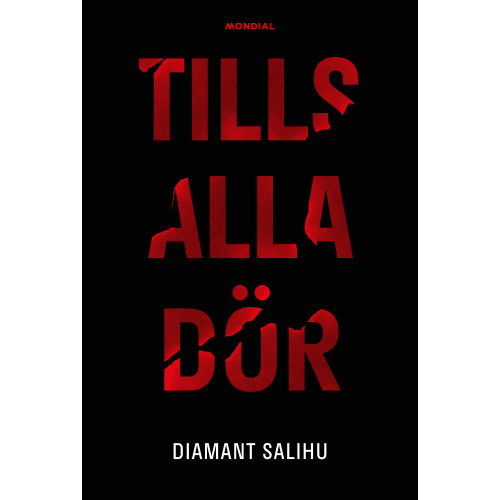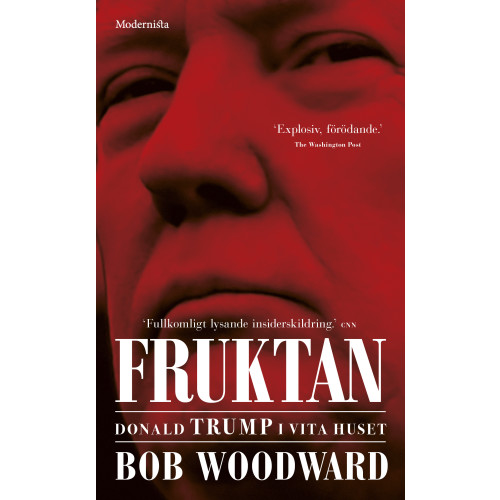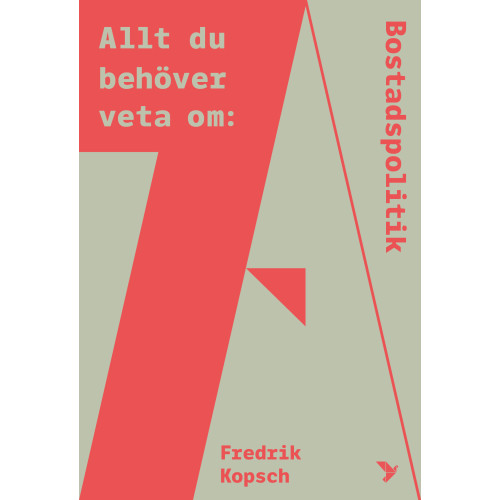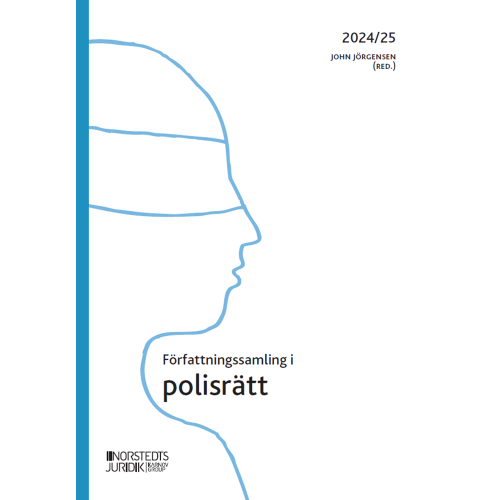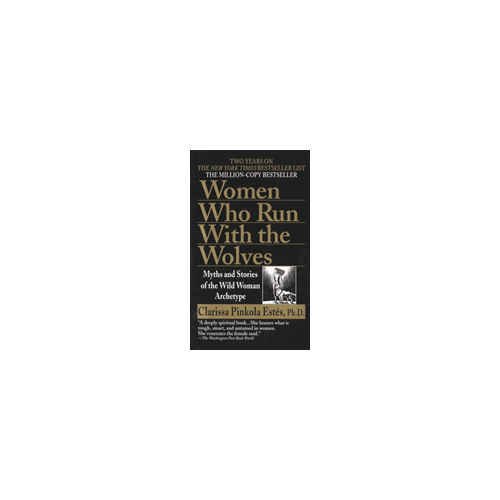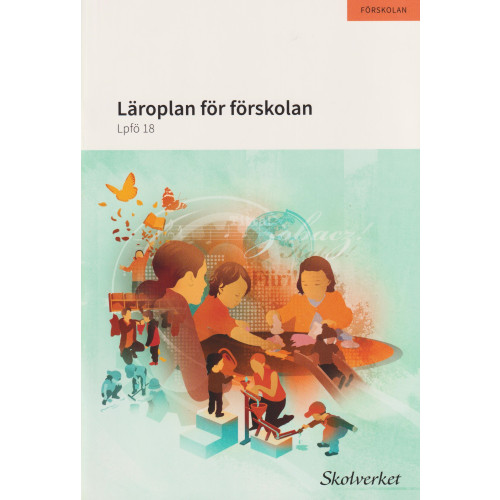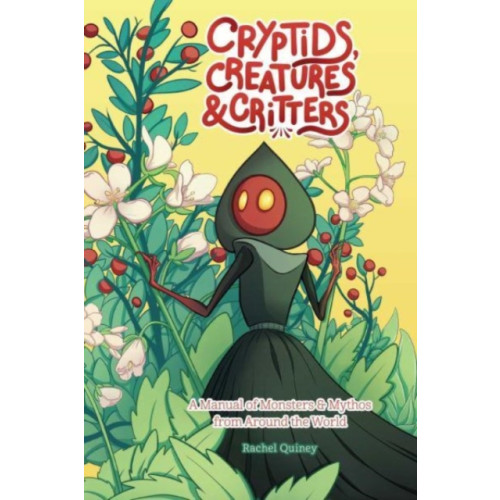Racial Innocence (häftad, eng)
- Inköpspriser för medlemmar (Logga in)
- Frakt från 0 kr
- 14 dagars öppet köp
2013 Book Award Winner from the International Research Society in Children''s Literature
2012 Outstanding Book Award Winner from the Association for Theatre in Higher Education
2012 Winner of the Lois P. Rudnick Book Prize presented by the New England American Studies Association
2012 Runner-Up, John Hope Franklin Publication Prize presented by the American Studies Association
2012 Honorable Mention, Distinguished Book Award presented by the Society for the Study of American Women Writers
Dissects how "innocence" became the exclusive province of white children, covering slavery to the Civil Rights era
Beginning in the mid nineteenth century in America, childhood became synonymous with innocence—a reversal of the previously-dominant Calvinist belief that children were depraved, sinful creatures.
As the idea of childhood innocence took hold, it became racialized: popular culture constructed white children as innocent and vulnerable while excluding black youth from these qualities. Actors, writers, and visual artists then began pairing white children with African American adults and children, thus transferring the quality of innocence to a variety of racial-political projects—a dynamic that Robin Bernstein calls “racial innocence.” This phenomenon informed racial formation from the mid nineteenth century through the early twentieth.
Racial Innocence takes up a rich archive including books, toys, theatrical props, and domestic knickknacks which Bernstein analyzes as “scriptive things” that invite or prompt historically-located practices while allowing for resistance and social improvisation. Integrating performance studies with literary and visual analysis, Bernstein offers singular readings of theatrical productions from blackface minstrelsy to Uncle Tom’s Cabin to The Wonderful Wizard of Oz; literary works by Joel Chandler Harris, Harriet Wilson, and Frances Hodgson Burnett; material culture including Topsy pincushions, Uncle Tom and Little Eva handkerchiefs, and Raggedy Ann dolls; and visual texts ranging from fine portraiture to advertisements for lard substitute.
Throughout, Bernstein shows how “innocence” gradually became the exclusive province of white children—until the Civil Rights Movement succeeded not only in legally desegregating public spaces, but in culturally desegregating the concept of childhood itself.
| Format | Häftad |
| Omfång | 318 sidor |
| Språk | Engelska |
| Förlag | New York University Press |
| Utgivningsdatum | 2011-12-01 |
| ISBN | 9780814787083 |
Artikelnummer
3214182
EAN
9780814787083
Leverans:
Denna produkt skickas från oss inom 4 - 5 vardagar. I kassan väljer du om du vill få leverans med Budbee, Airmee, Best Transport, Early Bird, Postnord eller DB Schenker. Vissa speditörer har vikt- eller storleksbegränsningar och kan av den anledningen saknas som alternativ i kassan om du handlar många eller väldigt stora produkter.Fri retur:
För Plus-medlemmar gäller fri retur och 14 dagars full returrätt från den dagen du tar emot din leverans. För övriga kostar retur från 49 kr.Undantag för retur- och ångerrätt:
Dessa är exempel på varor som inte omfattas av retur- eller ångerrätt. Observera att det kan finnas andra undantag som inte listas här.- Använda, skadade och/eller inkompletta produkter
- Dagligvaror (livsmedel, läkemedel, nikotinprodukter)
- Hygienartiklar & kroppsnära produkter (rakapparater, in ear-hörlurar, aktivitetsklockor)
- Intimprodukter (menskoppar, kondomer och glidmedel)
- Kosmetikprodukter (inkl. hår- och hudvårdsprodukter, parfymer, etc.)
- Underkläder (inkl. badkläder, underställ och strumpor)
- Ljud- & bildupptagningar, spel/program (om förseglingen brutits eller licensnyckeln erhållits.)
- Teknikprodukter om försegling brutits eller programvara har installerats (mobiltelefoner, surfplattor, laptops, etc.)
- Gratisprodukter
Leveranser:
